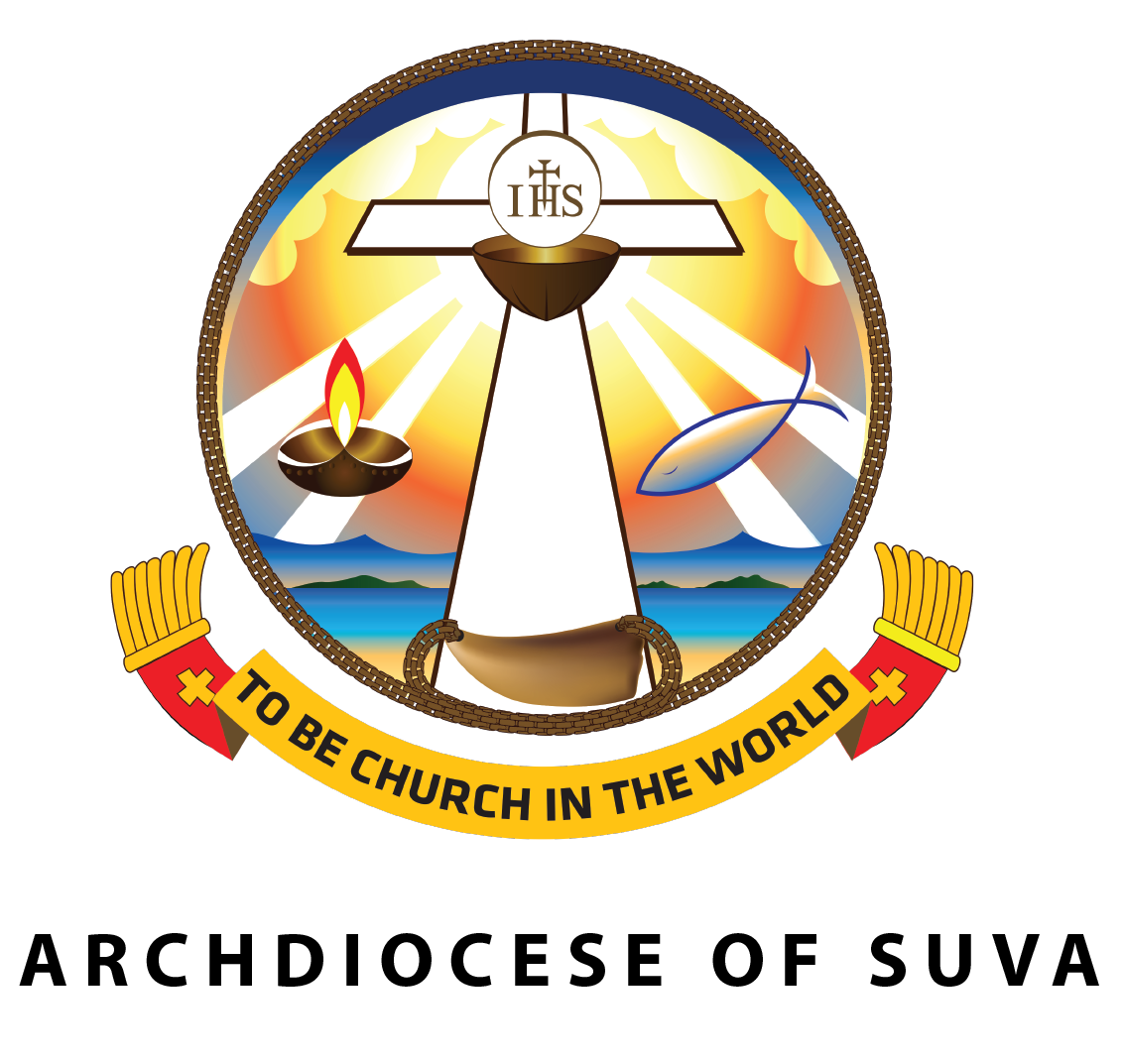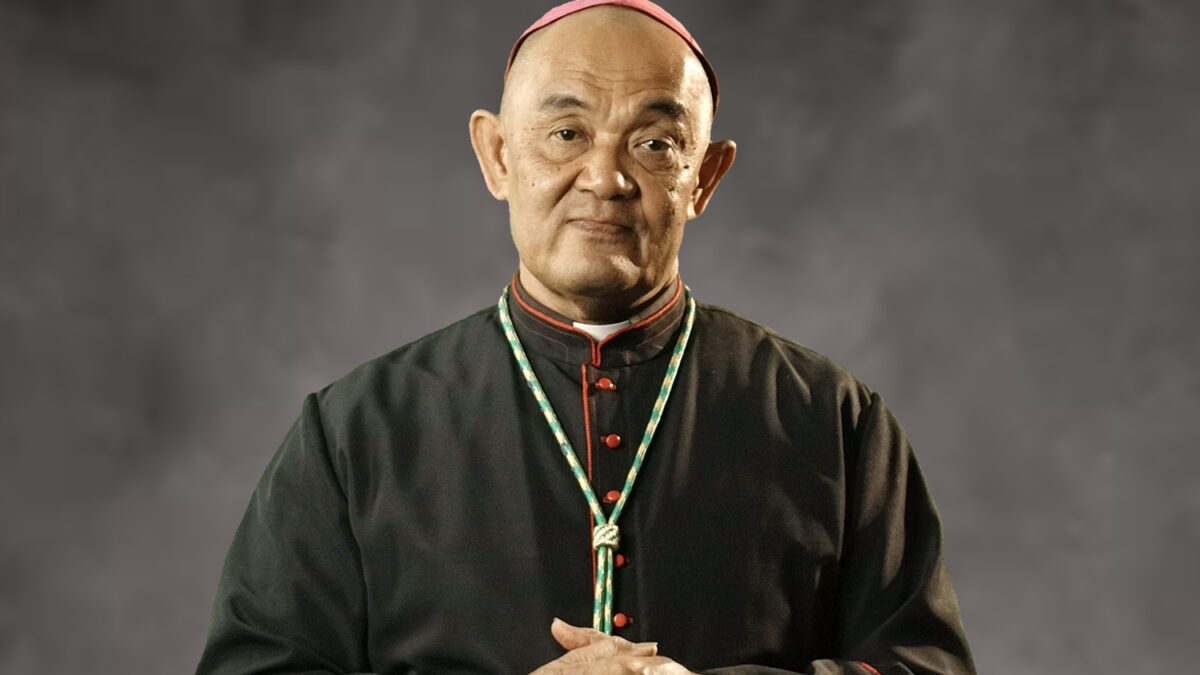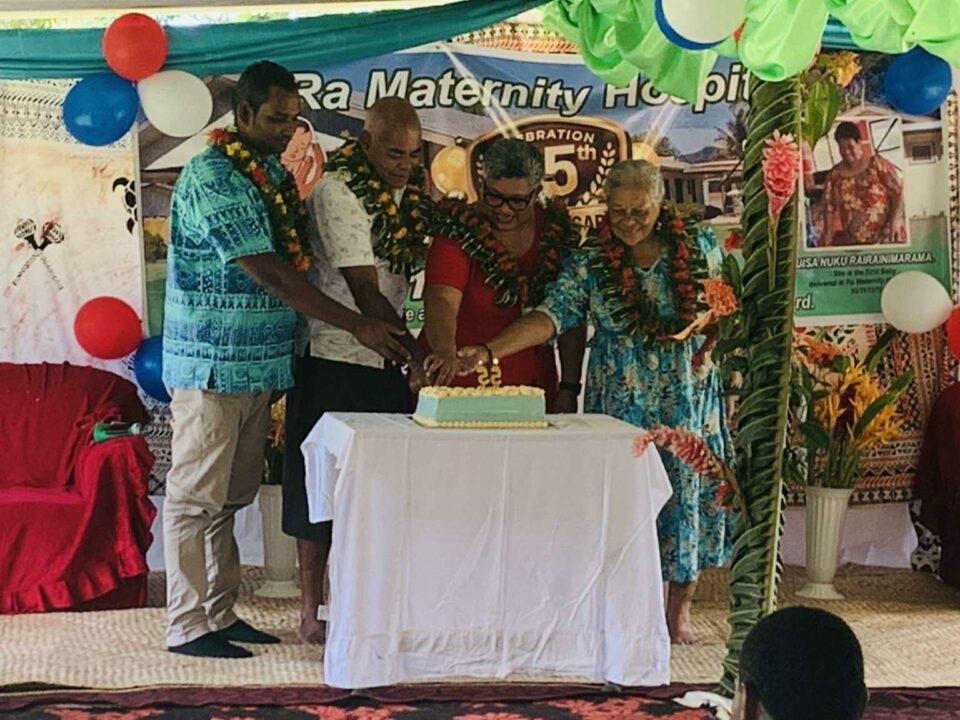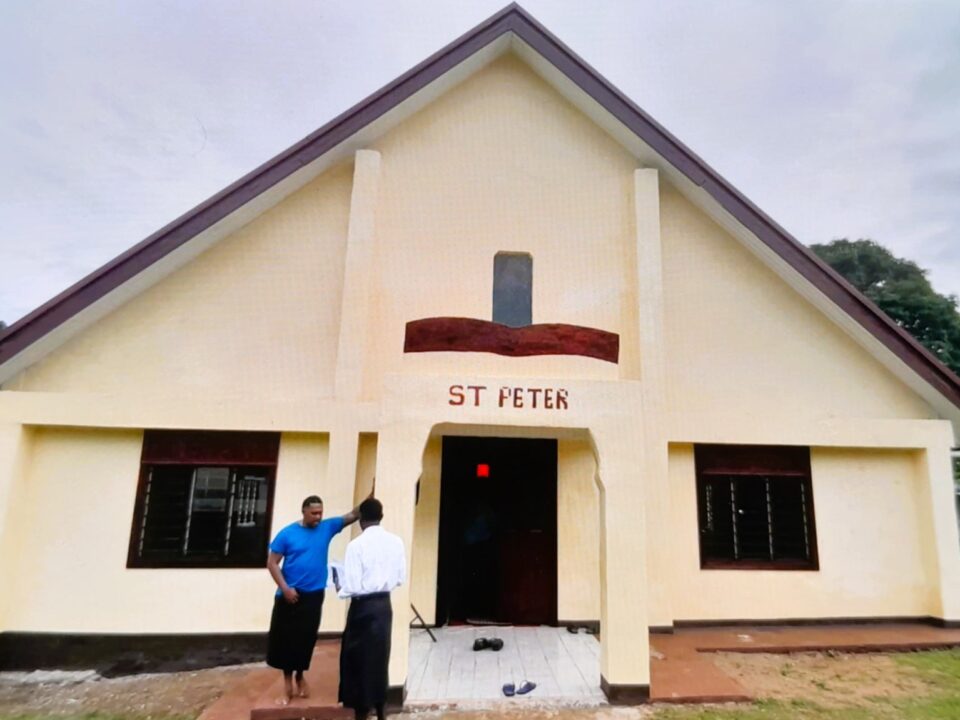2025 Year of Reconciliation & Forgiveness – Archbishop Peter Chong
2025 Year of Reconciliation & Forgiveness – Archbishop Peter Chong
I pray that 2025 be a Year of Reconciliation and Forgiveness.
This theme corresponds to the Fiji government’s commitment to Truth and Reconciliation, Pope Francis’ World Day of Peace theme, and the Christian biblical understanding of the Jubilee Year.
Every year on January 1, the Pope marks the World Day of Peace with a special message inviting all people to reflect on the important work of building peace. 2025 will be the 58th World Day of Peace. The theme chosen by the Holy Father for the World Day of Peace for 2025 is, “Forgive us our trespasses: grant us your peace”.
2025 is also a Jubilee Year. The Jubilee Years, also known as Holy Years, started in 1300AD and recall Bible’s instruction (Book of Levicticus 25:8-55) on the great jubilee of Israel: a time for land to be rested, slaves are set free, debts to be cancelled, and God calls people to be reconciled with one another and with Him. At the heart of the Jubilee Year is the call for conversion, reconciliation and peace. Jubilee Years occur every 25 years.
Fiji’s history has been tainted with injustices and suffering caused by colonialism, the coups, political conflicts and globalization. Theologians observe and argue that national development is difficult if people are still traumatized by past conflicts and oppression. They propose that reconciliation is necessary for peoples development and nation building.
Christian Fundamentals of Reconciliation
I congratulate the Fiji Government for her commitment to reconciliation. I present below some Christian principles of reconciliation to help guide our truth and reconciliation processes.
1. Reconciliation is the work of God, who initiates and completes in us
reconciliation through Christ.
Reconciliation is not a human achievement, but the work of God within us. God initiates the work of reconciliation in the lives of the victims. Ordinarily we would expect the reconciliation to begin with the repentance of the wrongdoers. But experience shows that wrongdoers are rarely willing to acknowledge what they have done or come forward of their own accord. God begins the reconciliation process with the victims, restoring to the victim the humanity which the wrongdoer has tried to destroy. The restoration of humanity is the very heart of reconciliation. As the victim’s human dignity is restored, he or she will then be able to give forgiveness and call the wrong doer to repentance.
2. Reconciliation is more spirituality than a strategy
Reconciliation is principally God’s work – we are ambassadors for Christ. We are mere instruments of God’s work of reconciliation. It is God working in us that brings about reconciliation. Hence reconciliation is spirituality.
However, spirituality alone does not bring about reconciliation and peace. We also need strategies for reconciliation. Reconciliation is based on both God’s work and planned action. What is needed is a balance between spirituality and strategy. Spirituality should guide the strategy for reconciliation.
3. Story Telling
Without the possibility of telling one’s story to others who listen and take it seriously, no solution to conflicts can be found. Reconciliation process must create space for truth, justice, healing, and for new possibilities. Reconciliation provides practices that lead to creating communities of memory, safe places to explore and untangle a painful past, and the cultivation of truth-telling to overcome the lies of injustice and wrongdoing. Reconciliation and healing of memories cannot take place unless both victims and perpetrators find a space where they can tell their stories; to speak the truth about the past; bring to light what the wrong doers’ lies and tried to hide.
4. Reconciliation makes both the victim and wrongdoer a new creation.
Reconciliation is the restoration of our humanity. Both the victim and the wrong doer need healing and restoration. Restoration does not mean taking us back to our former state, the condition in which we were before evil was done. It is restoration in the sense that God gives us back the humanity that was wrested from us. It is a humanity that includes the experience of reconciliation. It is not a denial of the painful experience of injustice and violation; it is a transformation of the experience that will be forever part of who we are. Reconciliation is not about erasing memory; it is about transformation. Reconciliation is not about going back. It is about addressing the past adequately so that we can go forward.
May God bless our New Year 2025 with his gift of reconciliation and forgiveness.



